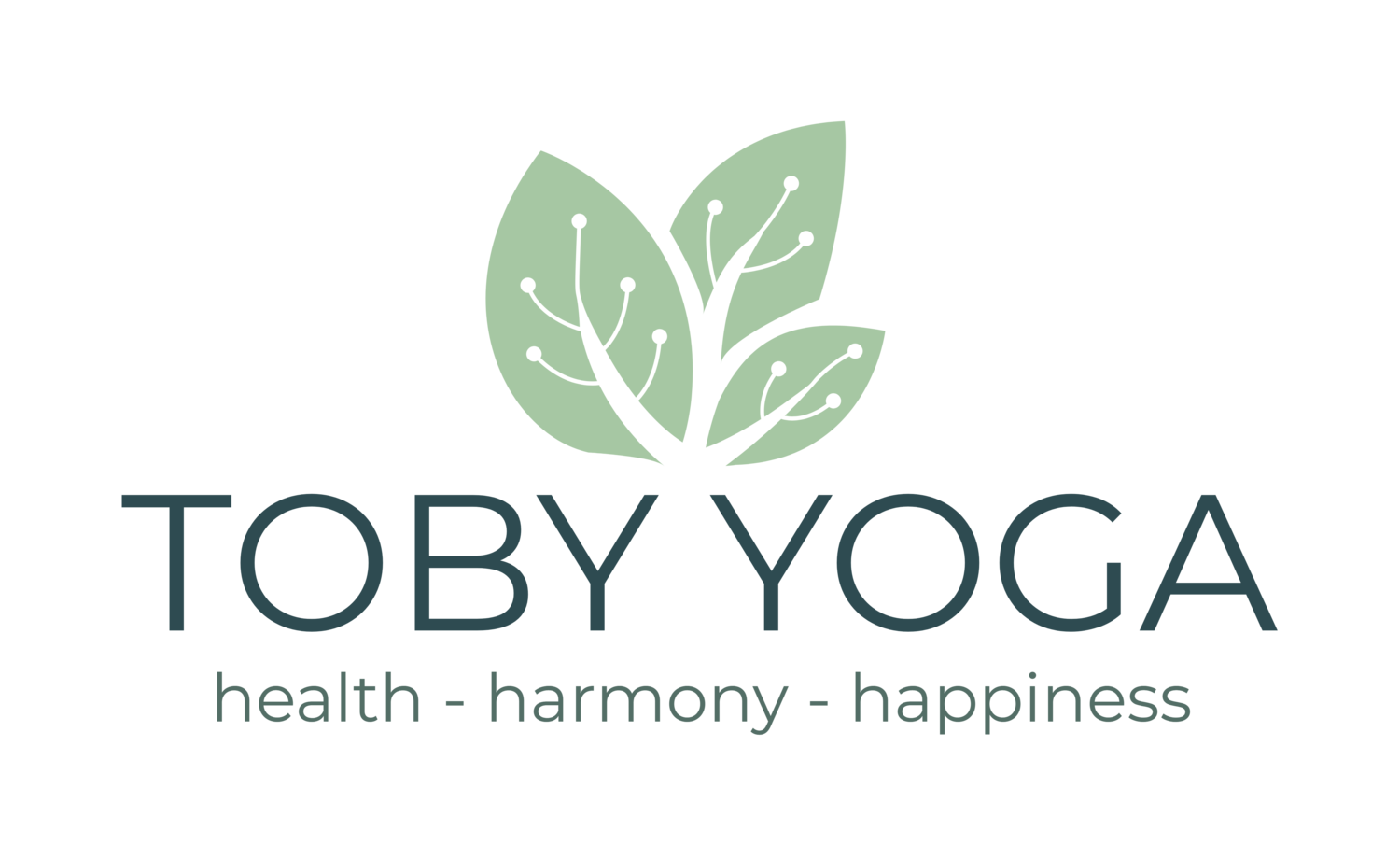As a registered therapist and a teacher of yoga and meditation, I see many people who are affected by stress, anxiety, panic and overwhelm. The good news is that there are things you can do to help.
The key thing is to bring yourself back from the future (your worries about what might happen) into the present (noticing what actually is happening now).
In this blog, I am going to share with you seven simple yet effective ways to calm yourself. These are all things that I have used myself and shared with clients. And they all work.
1. Go on a mental diet. In our modern world we are bombarded with information from all directions, 24 hours a day, seven days a week. It is too much to handle at the best of times but when that news is distressing, disturbing and debilitating in can have dire consequences for our mental wellbeing. Yes, it’s important to stay informed but it’s rarely helpful to hear the same ‘negative’ messages over and over throughout the day. Try to limit your consumption of news to one or two portions a day – this includes social media as well as formal news services. And ideally avoid checking both first thing in the morning - give yourself at a clear hour to start and end the day with a sense of peace and calm.
2. Get up and get moving. When you find yourself feeling anxious – particularly first thing in the morning when you wake up – get moving. Don’t allow yourself to sit (or lie) and stew. This will simply allow the feeling to grow. Changing your physical state will help change your mental and emotional state too. You could simply move to another room, do some simple shaking or stretching, wash the dishes, put on some cheerful music and dance, you might, etc. Anything that’s active.
3. Notice what’s really going on. Stop, look around you and name five things you can see in the room: There’s a computer, there’s my favourite comfy chair, there’s my dogs sleeping in a patch of sun, there’s that plant my sister gave me, and there’s my mug of tea.
4. Breathe. By consciously taking control of our breath, we can quickly bring a sense of calm back to both the mind and the body.
a. Take 10 slow and steady breaths in and out.
b. Silently saying to yourself: I’m breathing in one, I’m breathing out one. Calm I’m breathing in two, I am breathing out two. Calm.
c. Keeping going until you reach 10. (If calm doesn’t feel right for you, try ‘relax’ or ‘peace’ or ‘love’).
5. Come to your senses. Stop to notice and explore the myriad of sensations going on for you right now:
a. What can you see? (The sky, a table, a chair, a picture on the wall, etc.)
b. What can you hear? (The clock ticking, the birds singing, children playing, rain falling against the window, music playing, etc.)
c. What can you feel? (My heart beating, the breath flowing in and out of my nose, the ground beneath my feet, the softness of my bed, a tingling in the tips of my fingers, etc.)
d. What can you smell? (Food cooking, flowers, a cup of coffee, perfume, etc.)
e. What can you taste? (Toothpaste, that biscuit you recently ate, sourness, sweetness, a sip of cool water, etc.)
6. Give yourself a break. Remember that nobody has put you in overall control, so stop trying to be responsible for everyone and everything. This is your life, not your job!
a. Choose to let go of what you can’t control; I can’t control what my neighbour does, it’s out of my control.
b. Choose instead to focus on what you can control; I can practice social distancing and stay two meters away from my neighbours and regularly wash my hands.
c. Think about what you can influence; I can explain to my parents how I feel and why I would like them to self-isolate. But I fully accept that ultimately, they are responsible for themselves.
7. Watch what you eat. Try to reduce your caffeine intake, it’s a powerful stimulate that can seriously exacerbate feelings of anxiety and panic. It’s also a good idea to avoid excessive sugary foods, alcohol and drugs (including nicotine). Whilst these may seem to provide short term relief, they are only likely to make things worse and seriously harm your health and wellbeing.
I hope these seven techniques help you to find more health, harmony and happiness. We all need this, now more than ever.
Thank you for reading.

